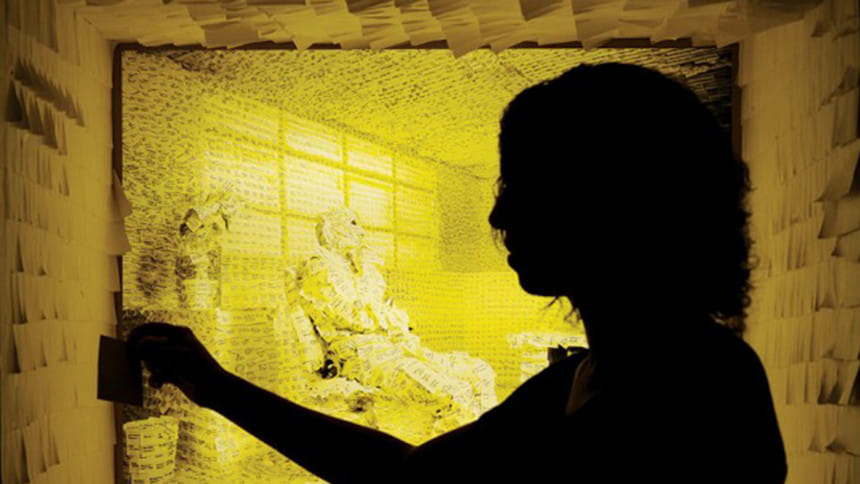Getting closer to implanting new memories into the brain

Human memory is about to get supercharged. A memory prosthesis being trialled next year could not only restore long-term recall but may eventually be used to upload new skills directly to the brain – just like in the film The Matrix, reports New Scientist.
The first trials will involve people with epilepsy. Seizures can sometimes damage the hippocampus, causing the brain to lose its ability to form long-term memories. To repair this ability, Theodore Berger at the University of Southern California and his colleagues used electrodes already implanted in people's brains as part of epilepsy treatment to record electrical activity associated with memory.
The team then developed an algorithm that could predict the neural activity thought to occur when a short-term memory becomes a long-term memory, as it passes through the hippocampus.
Early next year, Berger's team will use this algorithm to instruct the electrodes to predict and then mimic the activity that should occur when long-term memories are formed.
"Hopefully, it will repair their long-term memory," says Berger. Previous studies using animals suggest that the prosthesis might even give people a better memory than they could expect naturally.
A similar approach could eventually be used to implant new memories into the brain. Berger's team recorded brain activity in a rat that had been trained to perform a specific task. The memory prosthesis then replicated that activity in a rat that hadn't been trained. The second rat was able to learn the task much faster than the first rat – as if it already had some memory of the task.
"There is good reason to believe that the sharing of memory can happen," says Berger.

 For all latest news, follow The Daily Star's Google News channel.
For all latest news, follow The Daily Star's Google News channel. 








Comments